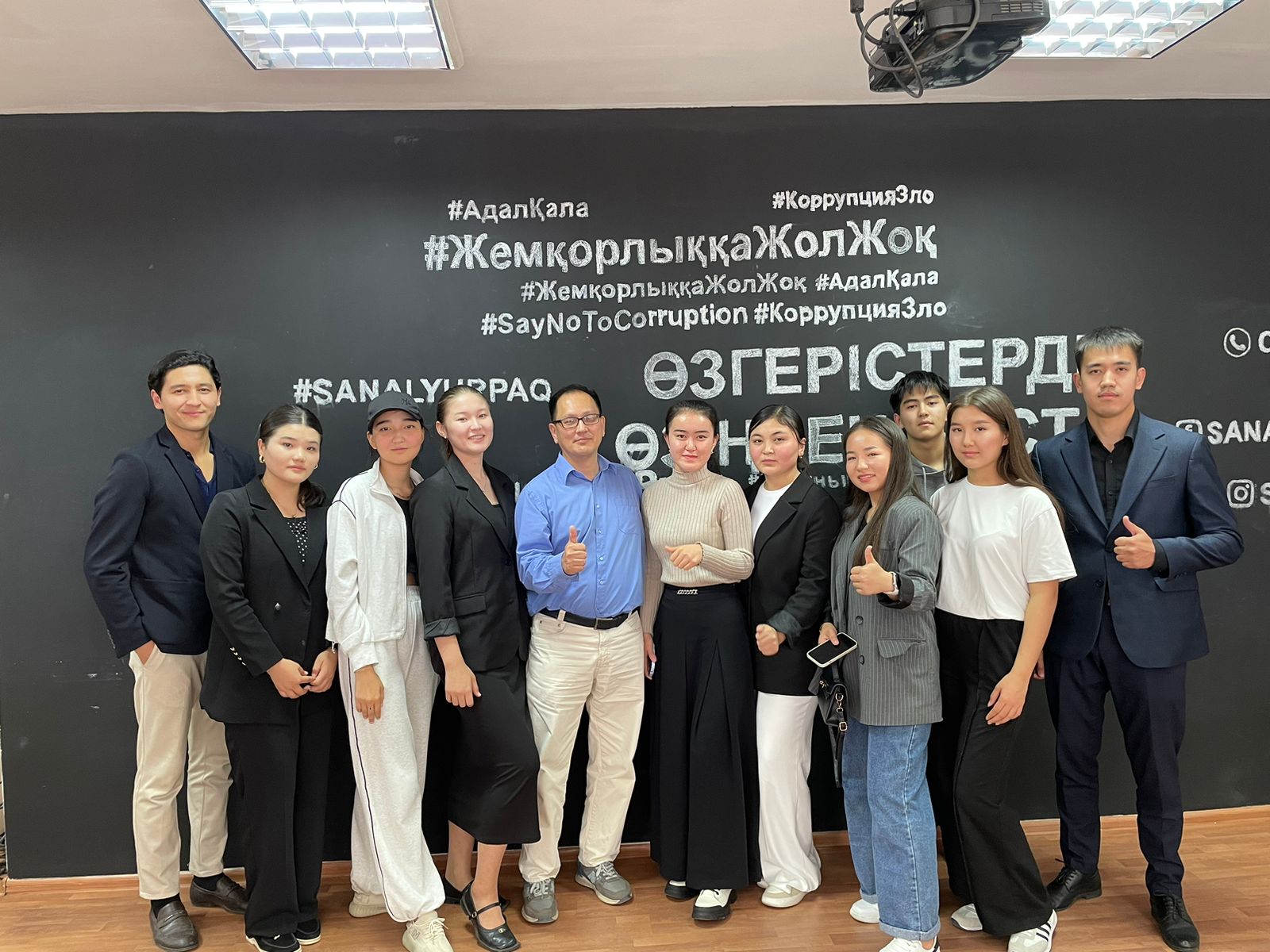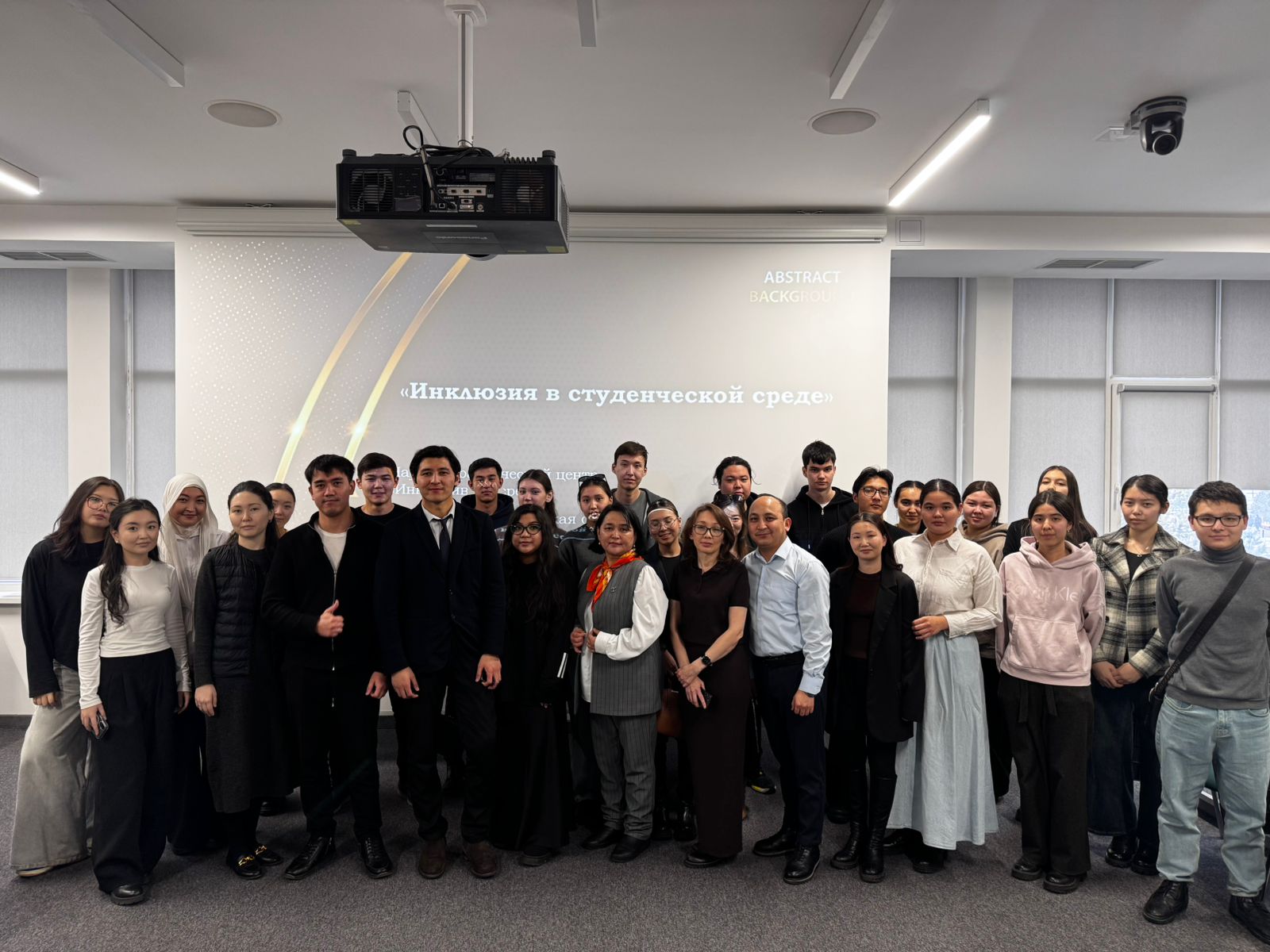SDG-4: «Teamwork and professional motivation»
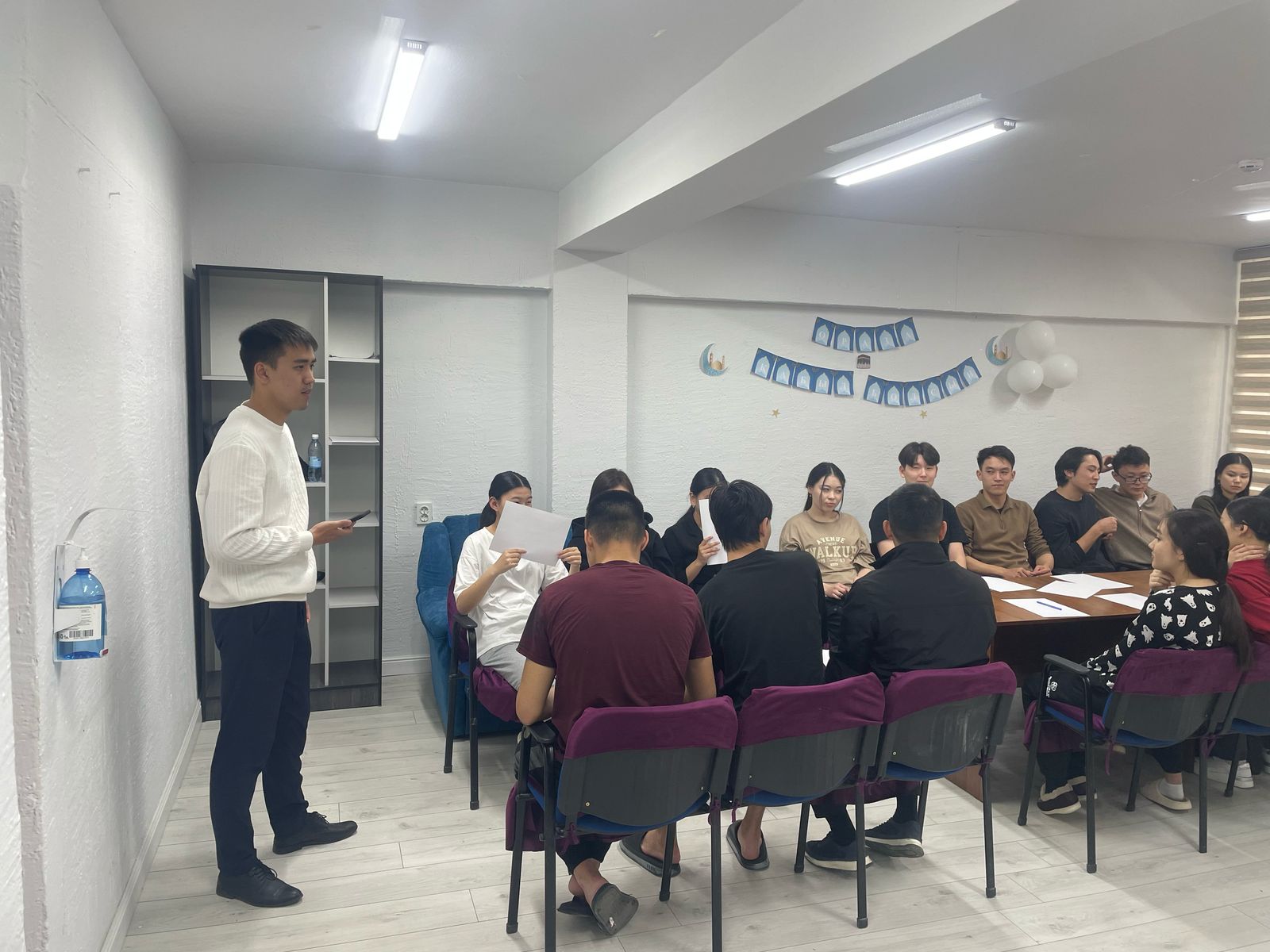
Psychological Support of Al-Farabi KazNU and the Scientific and Practical Center «Inclusive Environment» within the framework of SDG-4: «Quality Education» held a seminar-training on «Teamwork and professional motivation» for students living in Dormitory No. 1 on april 2. The training started with the «Introduction» exercise aimed at establishing positive relationships between the participants.
Teamwork is an essential aspect that helps achieve common goals and successfully complete tasks. In this training, students will learn how to work in a group, effectively share responsibilities, respect others' opinions, and achieve better results through interaction and joint efforts. Key aspects will include: the ability to listen, delegate tasks, support, and motivate the team.
Training Objectives:
-
Developing teamwork skills – helping students understand the importance of effective collaboration and teaching them how to work in teams to achieve common goals.
-
Strengthening communication skills – improving the ability to listen, understand, and respond appropriately to the opinions and suggestions of other group members.
-
Developing task delegation and distribution skills – teaching students how to effectively divide responsibilities and coordinate actions within the group to achieve the best results.
-
Building confidence in working in teams – helping students feel more confident in their contribution to team work and learn how to support other team members.
-
Fostering team responsibility – developing an understanding that the success of the entire team depends on the contribution of each member and the importance of taking responsibility for their tasks.
Training Methods:
-
Group discussions and brainstorming – creating opportunities for exchanging opinions, discussing different approaches to problem-solving, and developing joint decisions.
-
Role-playing games – modeling situations where students take on various roles within the team to understand the dynamics of teamwork, identify leadership qualities, and learn ways to interact.
-
Group exercises – conducting exercises aimed at fostering cooperation, such as completing collective tasks that require joint effort to achieve a goal.
-
Analyzing successful examples of teamwork – studying real-life examples of successful teams and their interactions, as well as reviewing mistakes made in group work.
-
Feedback and self-assessment – giving participants the opportunity to evaluate their role in the group and receive feedback on how to improve their teamwork.
-
Addressing conflict situations – training students to resolve conflicts that arise in teamwork and teaching constructive methods of resolving disagreements.
This training not only provided psychological support but also increased students' motivation for self-improvement, helping to enhance their social and professional skills. At the end of the seminar, all participants expressed their readiness to apply the knowledge they gained in life and noted that the session was impressive and useful.
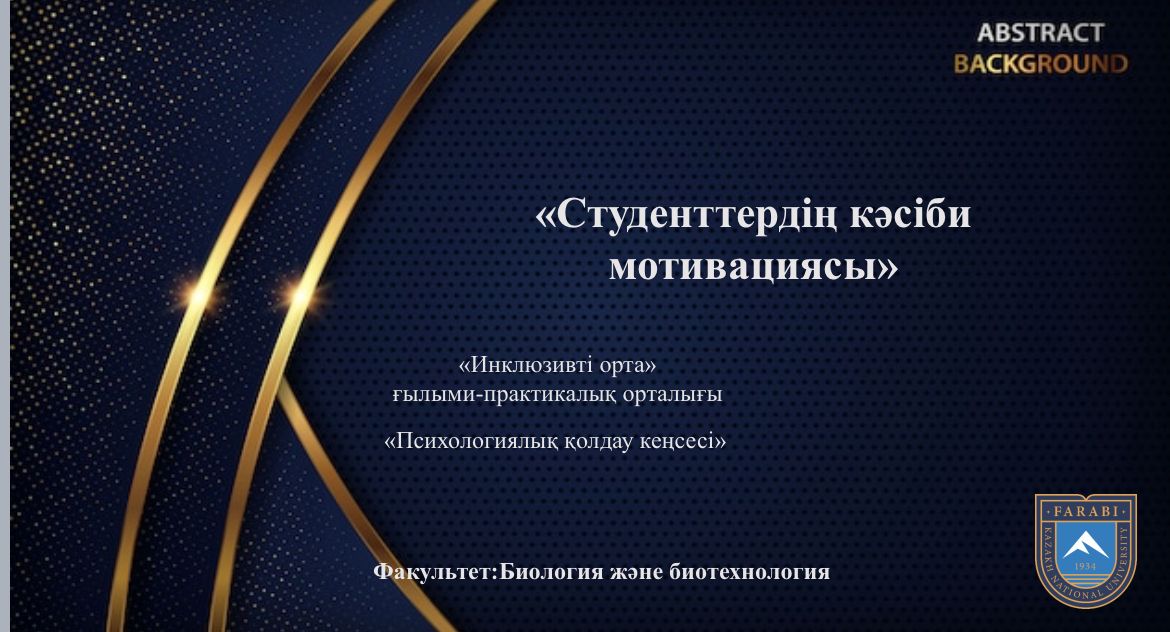
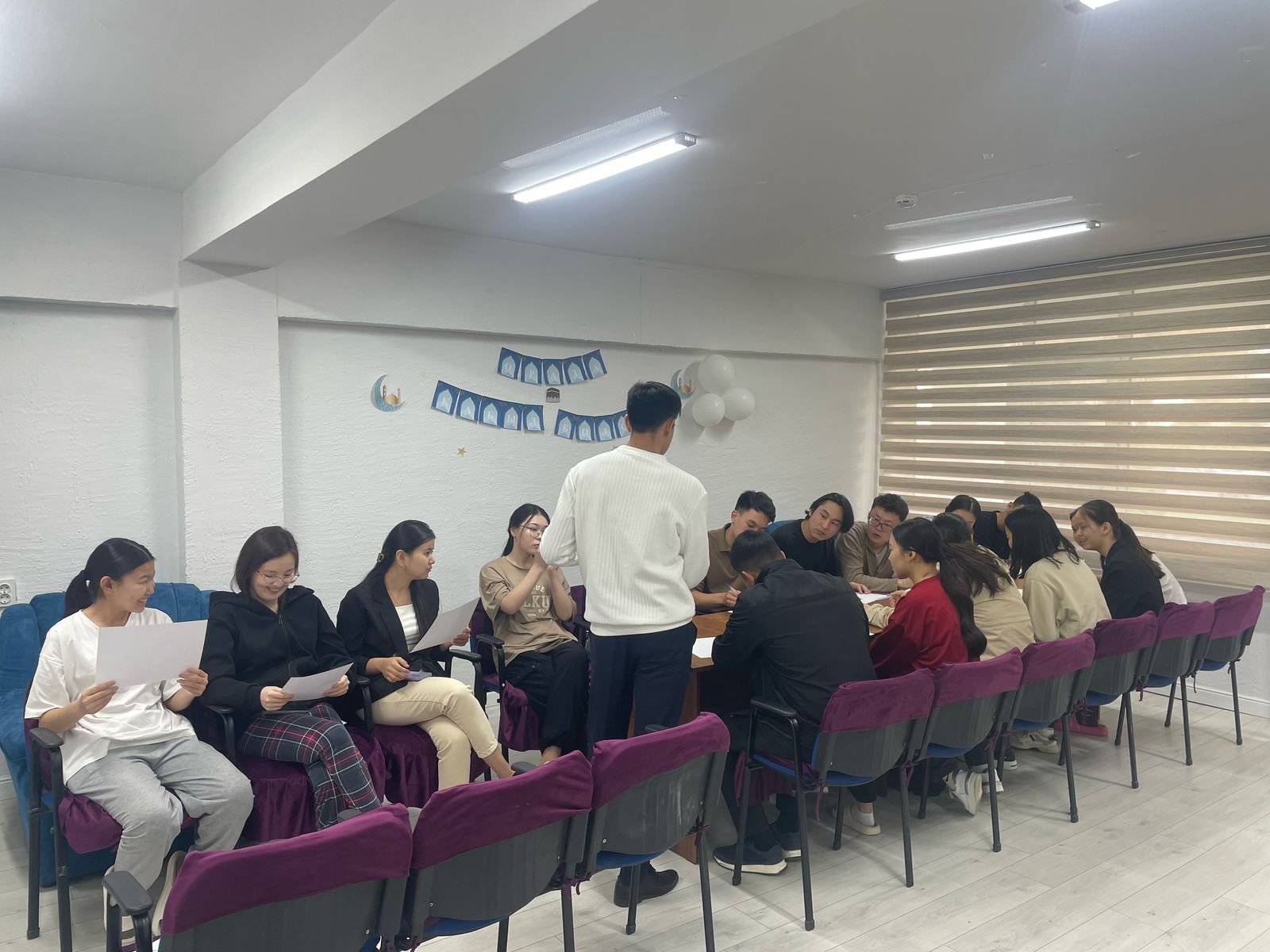
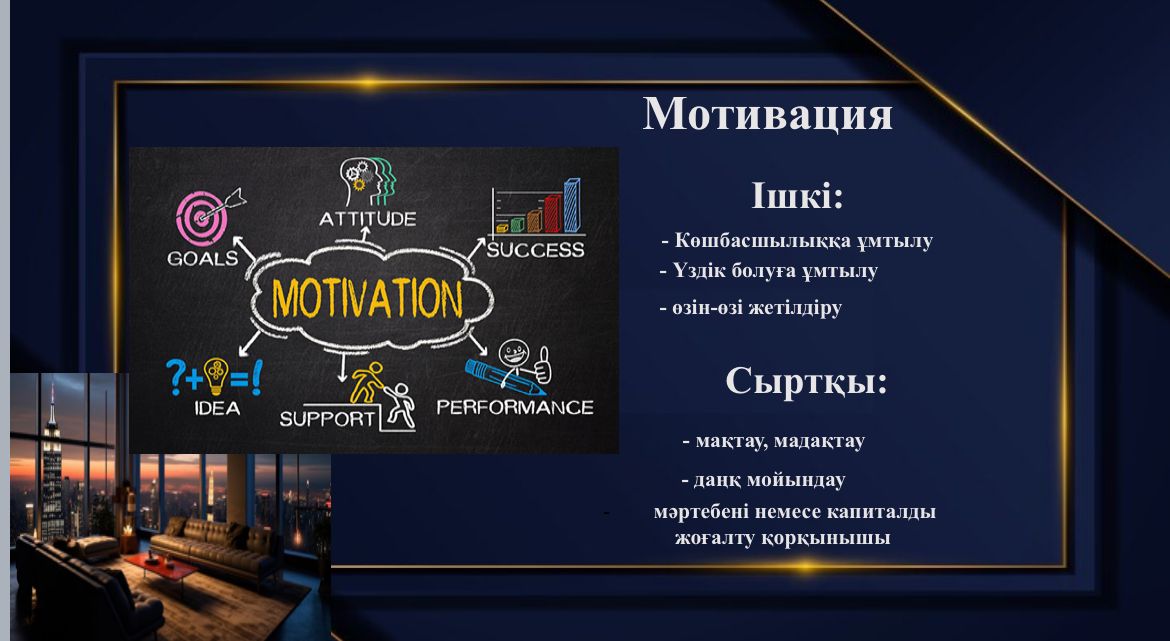
Other news
